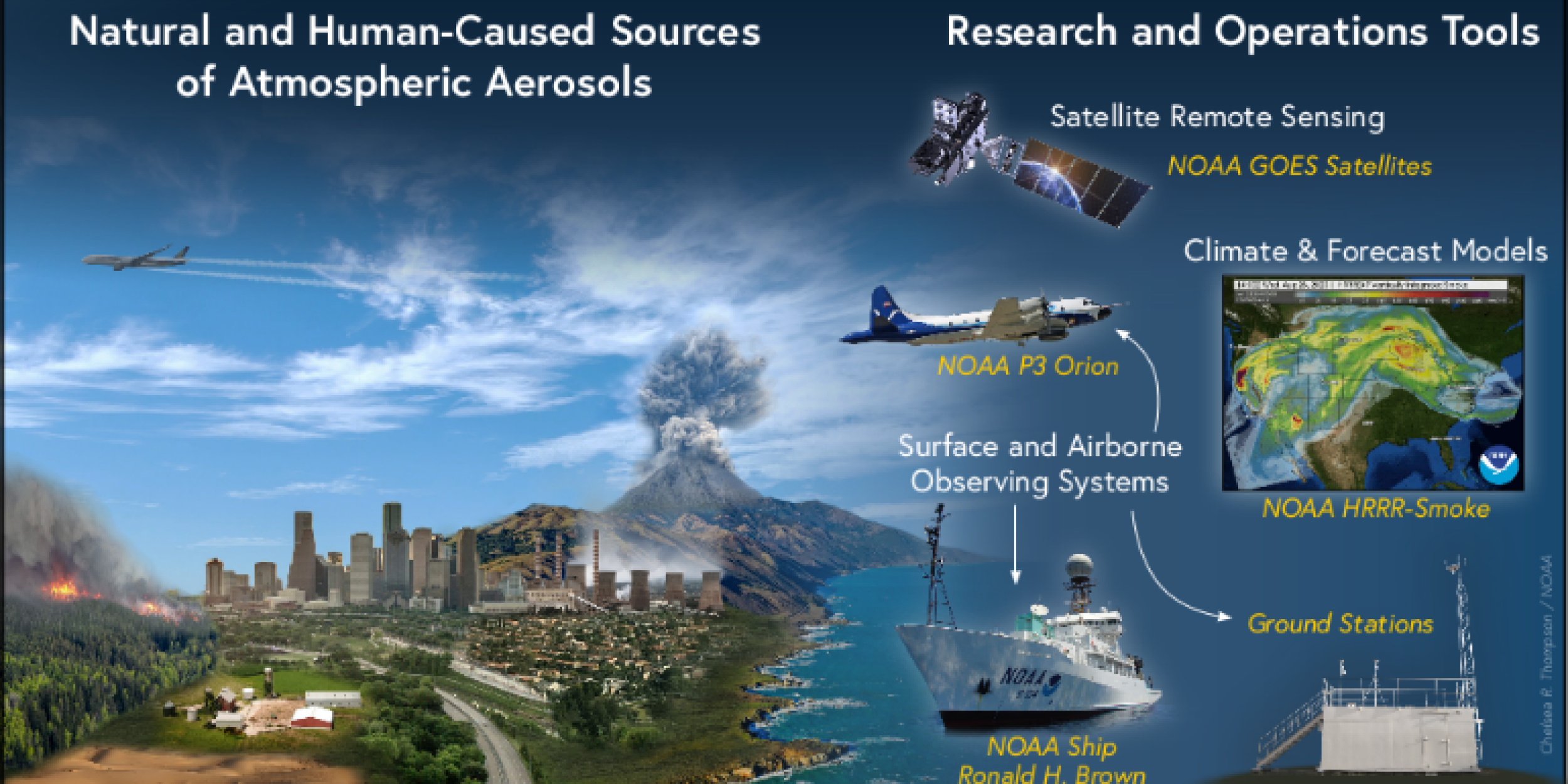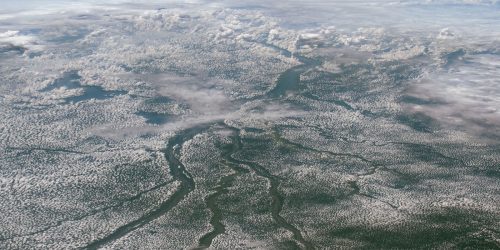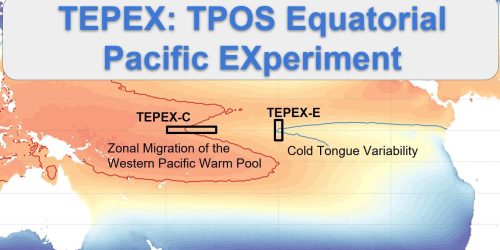CPO’s Monika Kopacz, Atmospheric Chemistry, Carbon Cycle, & Climate (AC4) program manager, brought together subject matter experts from across NOAA to update the NOAA State of the Science Factsheet for Aerosols and Climate.
Aerosols—microscopic solid or liquid particles suspended in air—significantly affect the Earth’s weather, air quality, and climate. The uncertainties associated with aerosol climate effects are much larger than those of greenhouse gases like carbon dioxide. Improving our understanding of the role of aerosols in the Earth System is essential for providing more accurate weather forecasts and reliable climate projections as well as information needed for future climate adaptation and mitigation. Aerosols are also the component of air pollution most responsible for disease and death both within the United States and abroad. This fact sheet summarizes NOAA’s efforts to improve the understanding of the impact of aerosols on weather, air quality and climate.
NOAA develops State of the Science Fact Sheets about key research areas which may be of high interest to the public, and where there may be a diversity of science views within NOAA.
For more information, contact Victoria Breeze.










